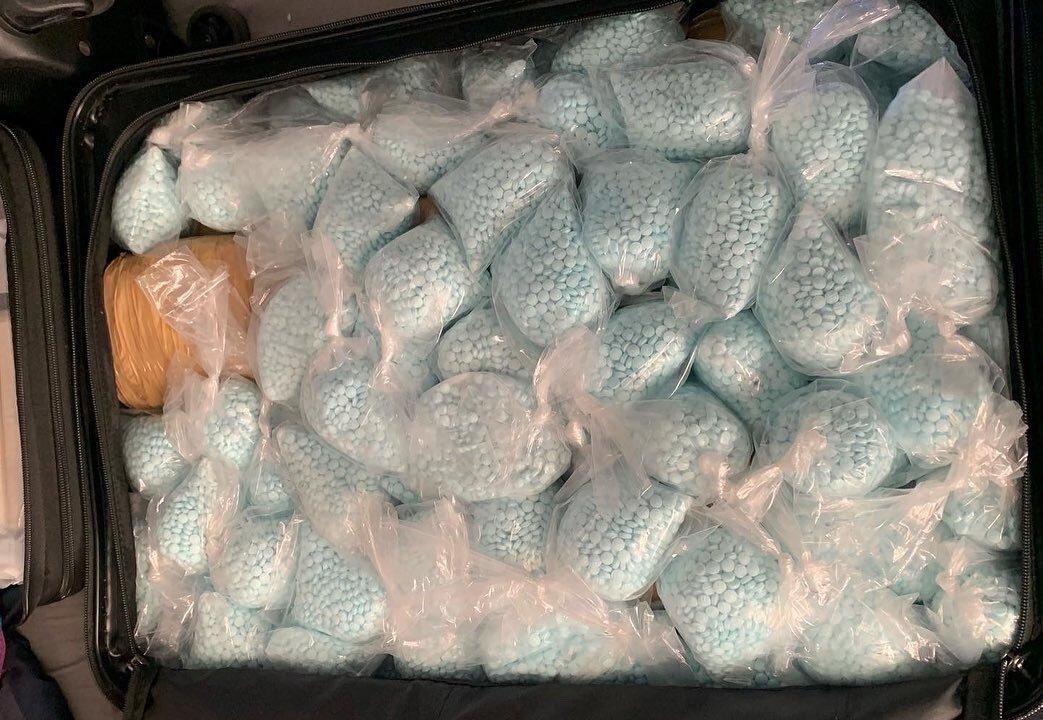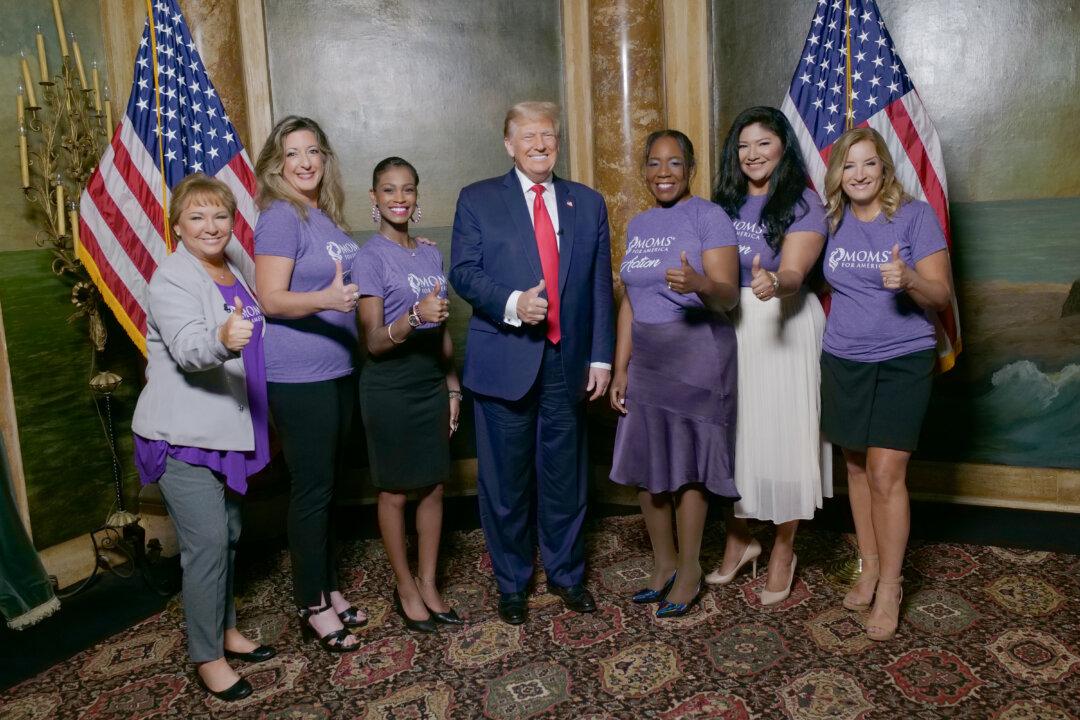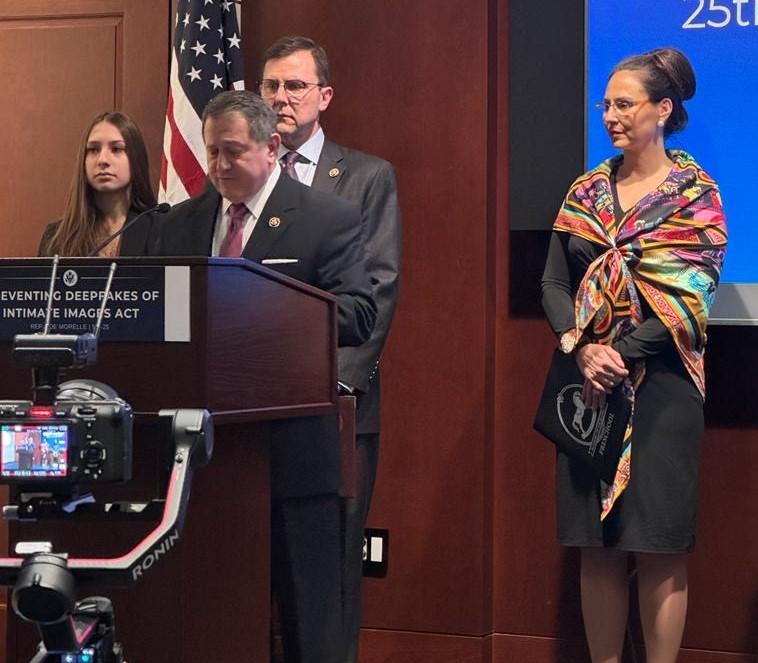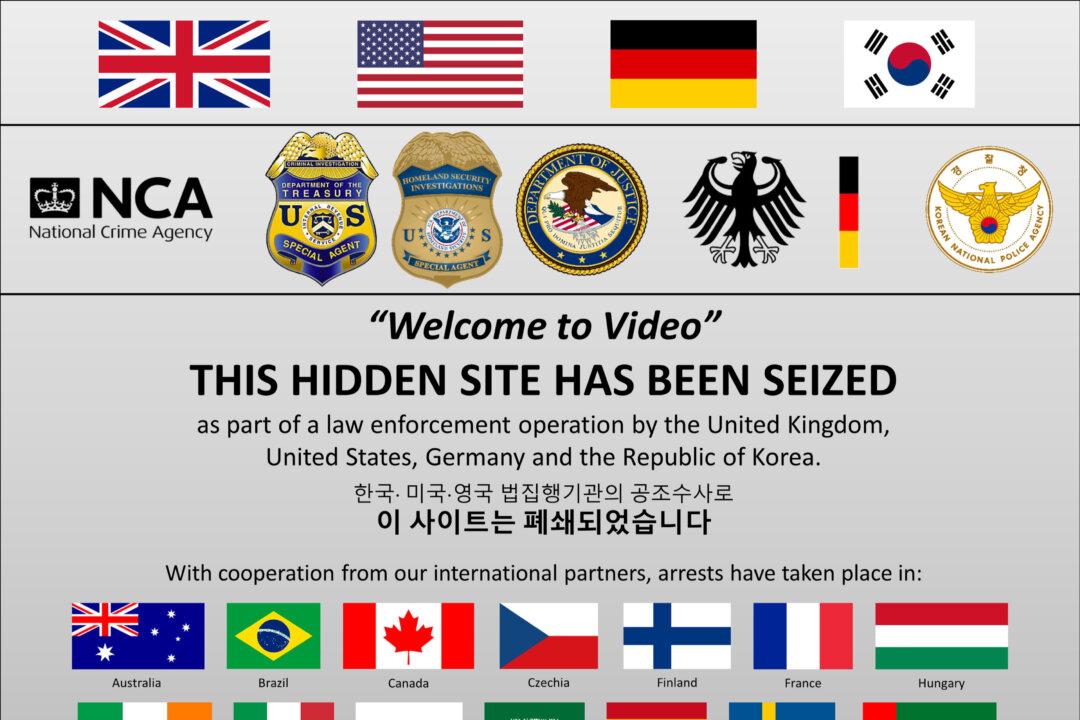The Biden administration imposed sanctions May 30 on 17 people and organizations it says are distributing equipment used in the production of illicit pills that frequently include fentanyl, a synthetic opioid painkiller that is 50 times more potent than heroin and 100 times more potent than morphine.
Deadly overdoses caused by synthetic opioids have increased dramatically over the past few years. The Centers for Disease Control and Prevention (CDC) reported that in 2020, more than 56,000 people in the United States died from overdoses of synthetic opioids (other than methadone), an increase of 56 percent from the previous year.





